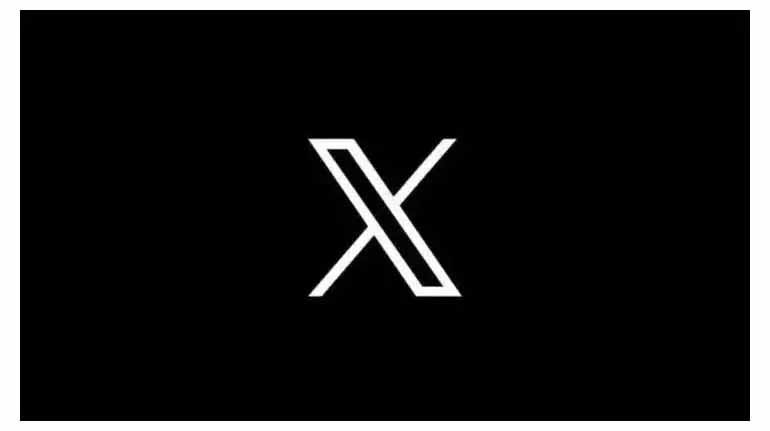
X, formerly known as Twitter, is allowing paid users to verify their accounts with the help of government IDs. However, this feature is not live everywhere yet. The company has made it live in some countries. Everyone will get this in the coming time. Through this feature, the company will make the platform secure, protect users from scams and focus on age-related content. This feature was first spotted by TechCrunch. When using this feature, a pop-up window appears stating that X is partnering with Israel-based verification company AU10TIX to facilitate the new authorization feature. In AU10TIX, all the information of the users like photo, biometric etc. data will be saved for 30 days. That means the company will verify the users on the basis of data. If this feature goes live in India also, the company can use any Indian based verification company/service.
This will then be written on the accounts of paid users. When a paid or premium user will verify his account with the help of a government ID, “This account ID is verified” will be written on his account. This will happen when a premium user clicks on the blue tick. Apart from this, the company will immediately give blue tick to such users who will validate their account with government ID, along with this, the review process for changing profile, changing name etc. will be made easier for such users. The company says that this is a way to increase trust on its platform. The option to use ID verification for “certain X features” will also be introduced in the future. However, it has not yet been detailed as to what features it may include. But it has been claimed that the company will also give some additional benefits to those participating in it. Let us tell you, these benefits will be available only to individual users except business and organization accounts. Government ID-based verification is currently available in “several countries,” but X did not elaborate on specific locations. However, it does not currently include the EU, European Economic Area or the UK as these regions have strict data protection laws.
















